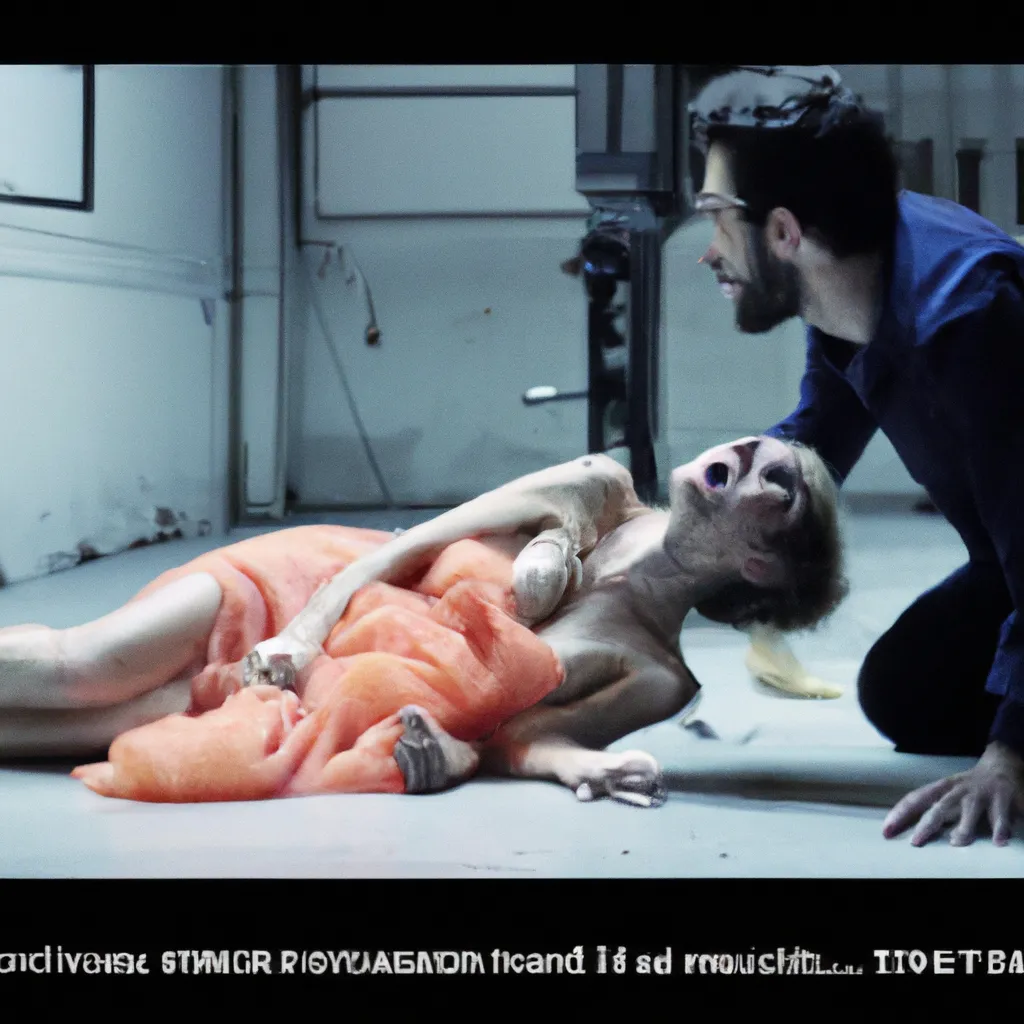A woman's murder that could change Italy.

In the Venice neighborhood of Vignobo on November 18, Saturday around 11:18 p.m., police received a report signaling a fight between a man and a woman who got into a car and drove away. In the car were Giulia Cecchetti and Filippo Touretta, two engineering students who had recently ended a romantic relationship. But this wasn't just a fight, and the call to the police was just a sounding board to an entire country that has turned a blind eye to gender-based violence for decades. Now, in the wake of the recent tragedy, Italian society may have finally woken up.
Minutes after the first call, police received another report. A security guard at an industrial park in Fosso, a little ways away from the scene of the first incident, reported that''The girl was beaten in front of the Dior warehouse he was guarding. CCTV cameras recorded the whole incident. But by then it was too late.
At 1:30 p.m. Sunday, police received a call from Gino Cecchettin, the girl's father, who wanted to report his daughter missing. He and police were not yet aware that she had already been killed by her ex-boyfriend. In his statement, Cecchettin told police that his daughter had broken up with her boyfriend but kept seeing him because he was deeply depressed. She feared he might harm himself.
The murder of 22-year-old Giulia Cecchetti has shocked Italy.
First, because of the peculiarities of the case: two young people from wealthy families, both university students. And also because of the brutal violence:''A CCTV camera in the warehouse recorded the guy punching the victim and dragging her across the floor as she screamed. "You're hurting me," she pleaded. After an arduous search, the body was found in a canal near Barchis Lake. An autopsy revealed that she had been killed by a stabbing to the head and neck, and she tried to defend herself as several wounds were found on her arms and hands. Finally, the attacker fled in a car as he planned to go to Germany. However, he eventually ran out of gas and money and was arrested.
There have been 87 murders of women in Italy this year due to gender-based violence. They were killed by family members or romantic partners. Last year there were 103 female murders. The current government, the first in history''Italy, led by far-right Prime Minister Giorgia Meloni, has slashed funding for programs preventing sexist violence by 70%.
The Giulia Cecchetti case blatantly exposes the country's patriarchal culture
According to a reconstruction of events provided by the victim's friends, her ex-boyfriend asked her to fail her studies and miss some exams just hours before he killed her. He didn't want to appear less brilliant or talented than her. He was humiliated not only by her leaving him, but also by the fact that he felt less intelligent. She obviously hadn't considered his request. She was supposed to graduate last Thursday.
The Giulia Cecchetti case has other aspects to it. It happened on the eve of the big''demonstrations against sexist violence. The murder also took place at a time when two women are at the head of the government and the opposition: the extreme right-wing Meloni and the social democrat Elly Schlein.
"The problem in this country is that this issue (gender violence) is not given cultural significance or importance. Every time''talk goes on about this problem, parliament is empty. It is seen as a 'women's issue'. There is also a very misogynistic culture in law enforcement that sees fighting in relationships as natural. And it's a culture in which women participate as well. The problem is not that we need stricter penalties: it's a battle that is being fought through education. " "De Gregorio emphasizes.
The issue of education is also linked to the national economy, where 43% of women do not have a current account in their own name. Protests against such conditions have been around for a long time. The slogan now being heard at protests over Giulia's death - 'Let's come out of the silence' - was often chanted in squares during Berlusconi's last government''(2008-2011).
Italians like Assunta Sarlo started this movement. She's a journalist and feminist activist. "I think the level of awareness this time is greater than ever. We've seen it in the squares, in the demonstrations. For the first time it's not just women's demonstrations - there are young men there rejecting [gender-based violence]. We're also seeing this change in the media: finally, influential voices have condemned [this phenomenon], saying it's a men's issue," she emphasizes. "But all this shock and outrage won't accomplish anything unless it becomes political. Only then can we know if [our outrage] has helped. "
"Education [against sexism] in school should not be a slogan. Rather, it should be a profound reform. We'll see if anything changes when''The culture of respect will take hold. Because the patriarchal culture is still present in young people from good families, like Julia's killer. "
The Meloni government just passed a law to facilitate this educational change. It's a first step, but all experts agree it's not enough. The opposition has suggested going further and passing legislation introducing emotional education into schools - something parties like Matteo Salvini's extremist League are not prepared to accept, believing it is part of what they consider "gender ideology".
However, this is the first time the opposition leader and the government have agreed to meet and talk to try to build a common front in this struggle. In Italy, this is already''revolutionary.
Comment
Popular Posts
Popular Offers




Subscribe to the newsletter from Hatamatata.com!
Subscribe to the newsletter from Hatamatata.com!
I agree to the processing of personal data and confidentiality rules of Hatamatata











